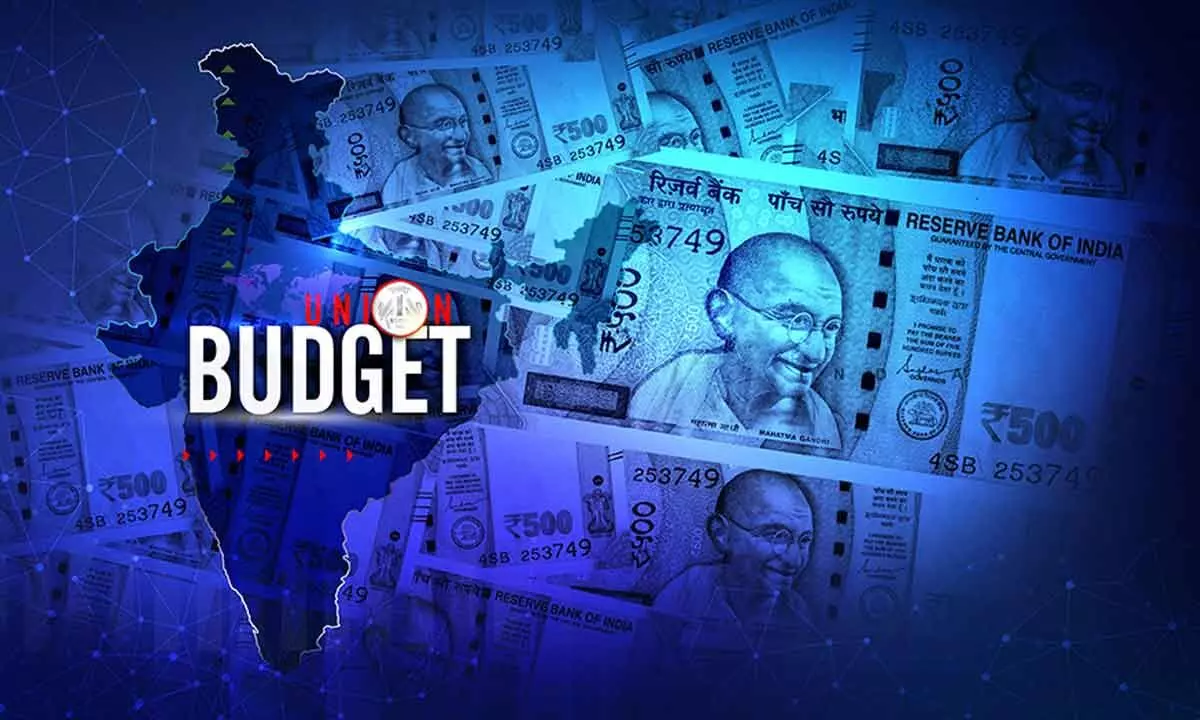Govt must now focus on getting to work beyond the budget
image for illustrative purpose

By persisting with fiscal consolidation and infrastructure building, the Union Finance Minister Nirmala Sitharaman has done her bit, although a great deal needs to be done by the Central government and states to attract private investment. Although, later the Minister spoke of ‘signs of private sector also coming in, the ground reality is that the signs that she speaks of are neither strong nor assured. The government has striven hard to rev up economic activity, from bringing in the goods and services tax (GST) and the bankruptcy code to lowering corporate tax rates and formalizing the economy, but the results have not been commensurate with the efforts. For instance, the net foreign direct investment (FDI)—that is, inflows minus the outflows—fell to $13.54 billion in April-November 2023 from $19.76 billion in the same period in 2022. This is not to say that no good has come out of the government endeavours; the biggest upshot is that India is the fastest growing large economy in the world. Global investors have also started showing interest in the country. The teething troubles pertaining to implementation of GST are over, resulting in buoyancy in tax collection. There is also a good rise in the direct taxes.
There was a time when unicorns—the start-ups with $1-billion valuation—were booming but the previous calendar year was not good for them. According to Stastica, in 2023, only two Indian companies became unicorns, a sharp drop from 2022. 2021 was a good year for Indian startups, with 45 businesses making it to the unicorn club, the highest since 2015. Most of them have seen sharp declines in their valuations. Further, most unicorns are in the services sector. Manufacturing is yet to gain traction. In the first eight months of the current fiscal, it grew at the rate of 5.8 per cent, which is below the estimated 7.3 per cent GDP expansion. The silver lining is the robust performance by capital goods, indicating capacity addition. Capital goods rose by 7.5 per cent in April-November 2023-24, against a very high base of 14.8 per cent in the corresponding period previous fiscal. So, while manufacturing and private investment may not be looking that bright at this juncture, the prospects and potentialities are much better. Besides, fiscal prudence has begun to pay rich dividends.
The gross and net market borrowings through dated securities during 2024-25 are estimated at Rs. 14.13 lakh crore and Rs. 11.75 lakh crore, respectively. As the Finance Minister puts it, “Both will be less than that in 2023-24…. the lower borrowings by the Central government will facilitate larger availability of credit for the private sector.” But this is just the beginning—a necessary but insufficient condition for rapid private investment and economic expansion. A lot more is needed with the foremost being in ensuring that the policies are reasonable and business-friendly. This can happen only if there is a regular and meaningful interaction of industry representatives. Secondly, we reiterate that economic liberalisation must be accompanied with administrative, judicial and police reforms. And, finally, the government should stop heeding to the counsel of overzealous taxmen, who come up with ideas like retrospective taxation. It must try to make businesses grow so that the exchequer swells naturally.

